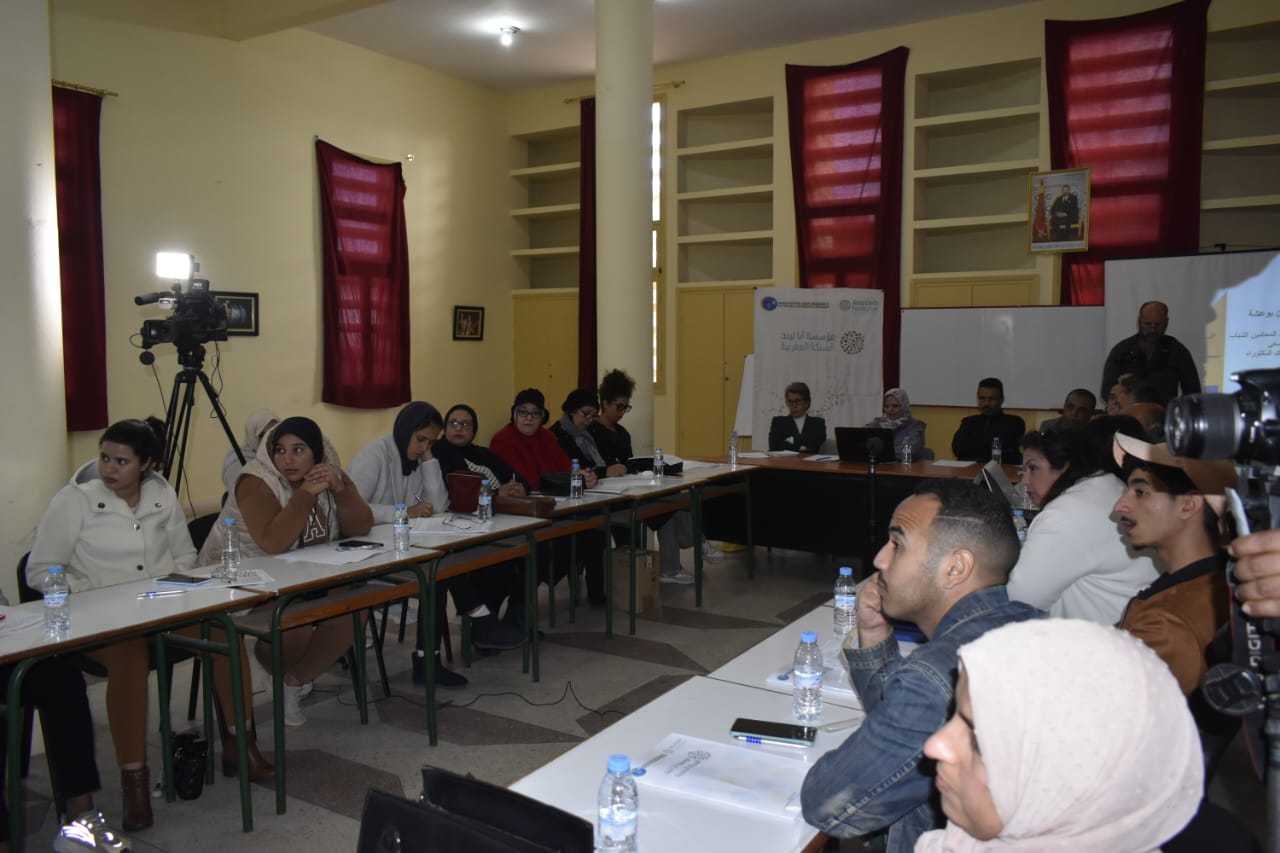In Moroccan law, family mediation is considered an effective and important mechanism for resolving family disputes and mitigating their negative effects. This mediation serves as an additional step to enhance communication and achieve settlement between the conflicting parties. Family mediation focuses on dialogue and mutual understanding, with an emphasis on the interests of individuals and the family. This text discusses family mediation in Moroccan law and its role in conflict resolution.
Family mediation in Morocco is an important legal phenomenon aimed at effectively resolving family disputes. The Moroccan state considers this mediation a complementary mechanism to the formal judiciary, as it seeks to promote peace and security in society. The importance of dialogue and effective communication in resolving family disputes is emphasized, and this is what family mediation seeks to achieve.
Within Moroccan law, family mediation performs several roles and functions. One of the most important of these roles is providing a safe and neutral environment for the conflicting parties, where they can freely express their views. Mediation also seeks to stimulate effective communication between individuals and enhance mutual understanding. Mediation providers listen to both parties and guide them toward possible solutions.
Moroccan law emphasizes the importance of the principle of family care, where maintaining family stability is a priority. In this context, family mediation seeks to preserve and strengthen family relationships and avoid the negative effects of conflict on family members, especially children.
Among the positive aspects of family mediation in Moroccan law, it can be mentioned that it contributes to reducing court congestion and easing pressure on the judicial system. It also provides an opportunity for individuals to actively participate in formulating solutions that meet their needs and aspirations.
Family mediation also appears as a powerful and effective tool for resolving family disputes in Moroccan law. Its role is to enhance communication and achieve settlement between the disputing parties, contributing to building a more stable and understanding society. Considering that the Moroccan Family Code is the legal basis regulating family relations and the rights and duties of its members, family mediation is part of policies aimed at promoting peace and harmony in Moroccan society. This legal arrangement reflects the state's desire to provide a safe and stable environment for families.
The Moroccan Family Code addresses a wide range of family-related issues, including divorce, child custody, alimony, and spousal rights. In this context, family mediation constitutes a complementary tool aimed at facilitating conflict resolution and achieving family balance.
The Code also emphasizes the importance of the principle of family care and the protection of children's rights. Mediation is important here as an effective means of mitigating the negative effects of family disputes on children, as it aims to preserve their psychological and social stability.
This mechanism allows individuals to resort to family mediation before taking their case to court, reflecting the legal orientation toward encouraging amicable and understanding solutions to family disputes. Moroccan legislation emphasizes the importance of constructive attempts to resolve disputes before resorting to judicial proceedings, highlighting the role of family mediation as a preferred option. What are the implications of family mediation for family stability? What are the legal guarantees and challenges associated with family mediation in the public debate surrounding the reform of the Family Code? These and other topics were the subject of a scientific symposium organized by the association on January 20, 2020, in Asfi, with the participation of a number of experts, lawyers, judges, and civil society activists.
 English
English
 العربية
العربية
 Le français
Le français


Add New Comment